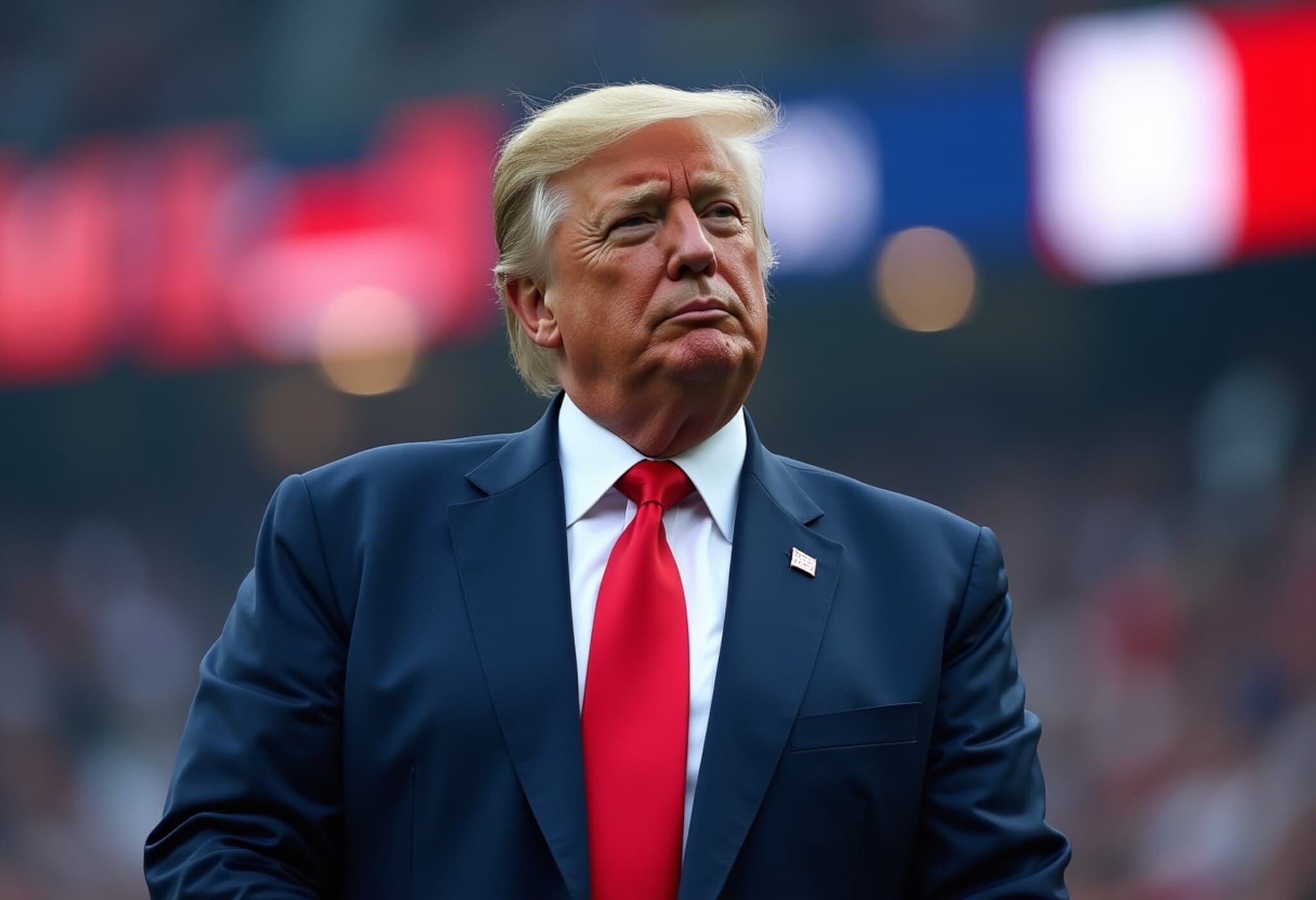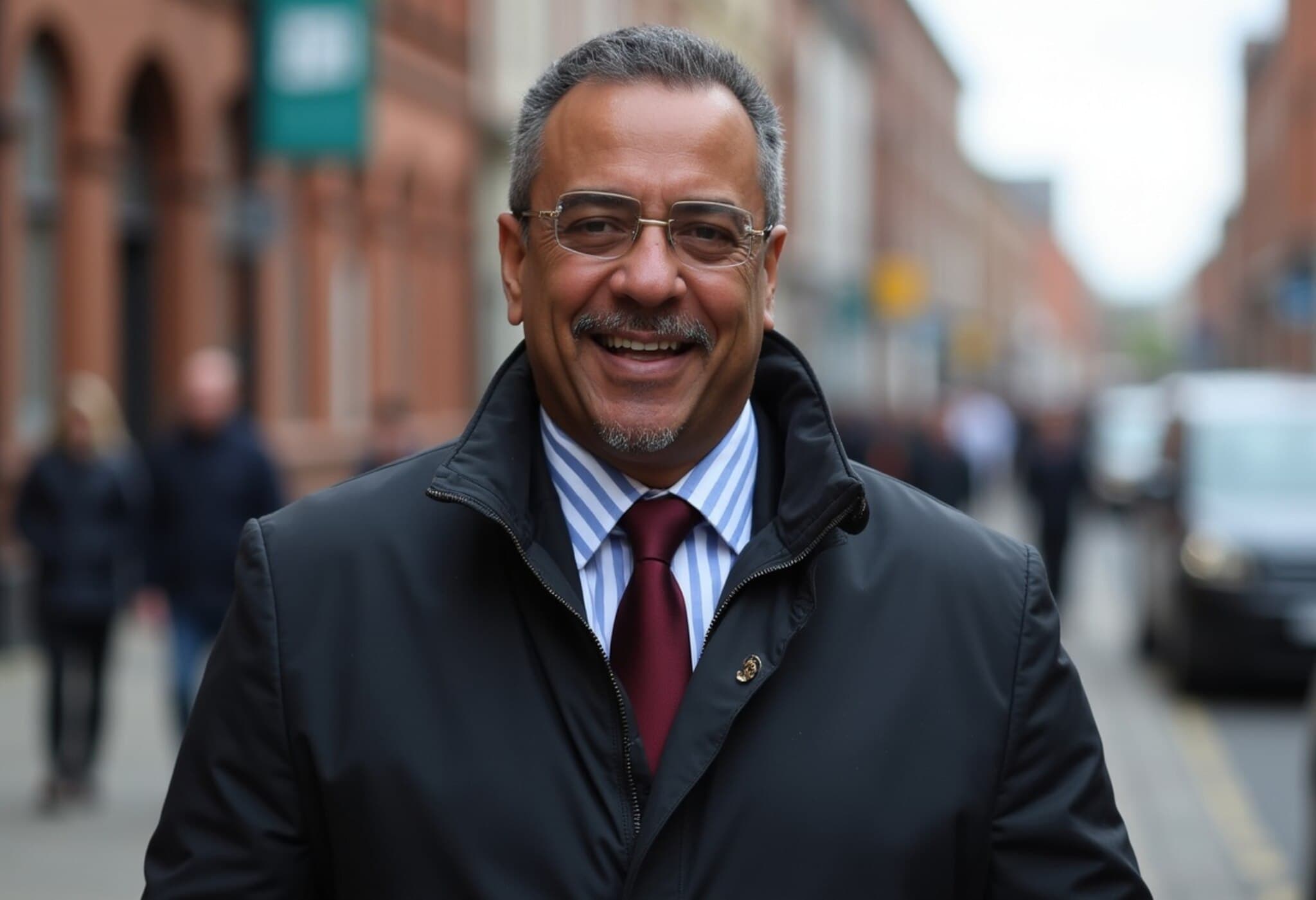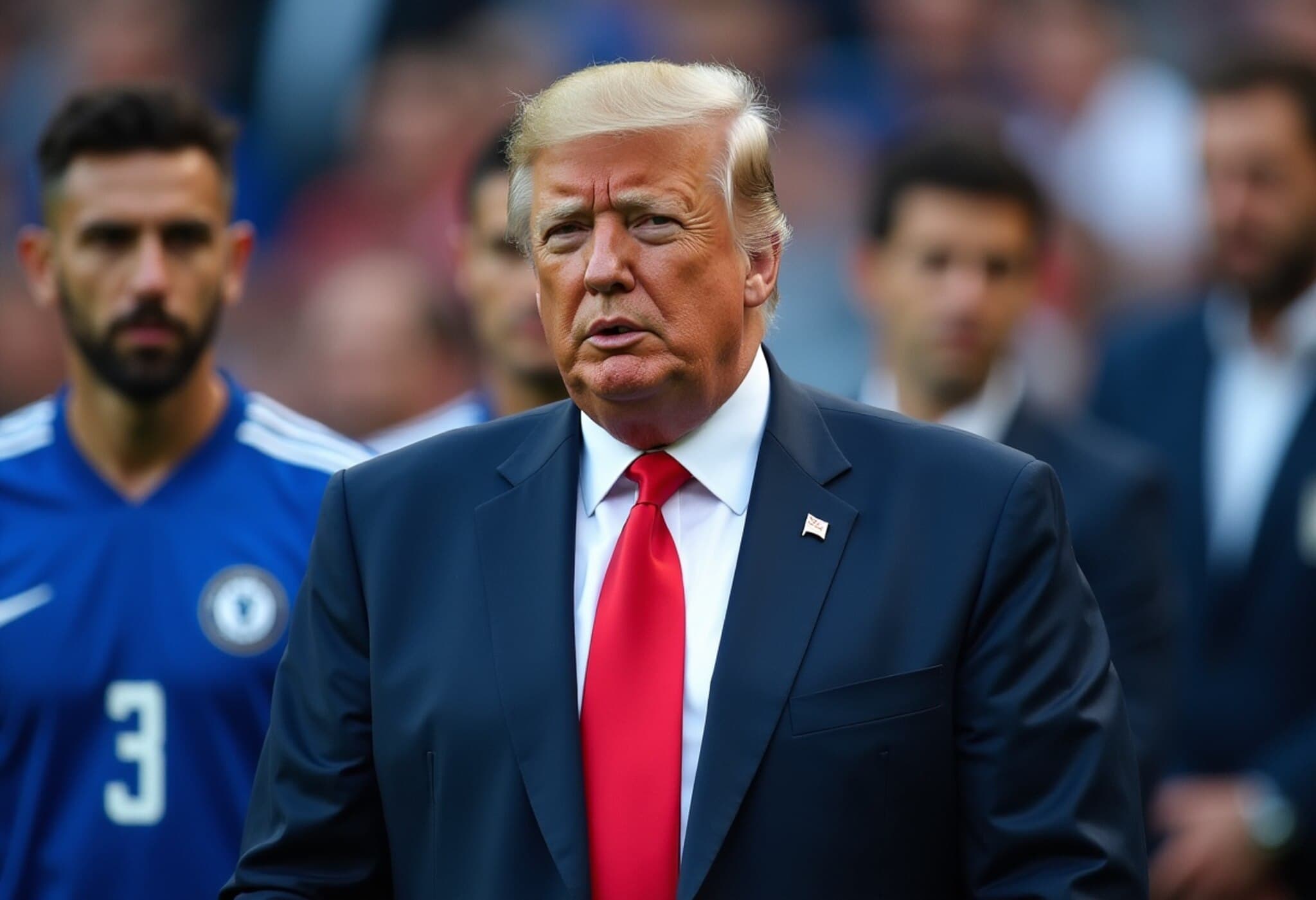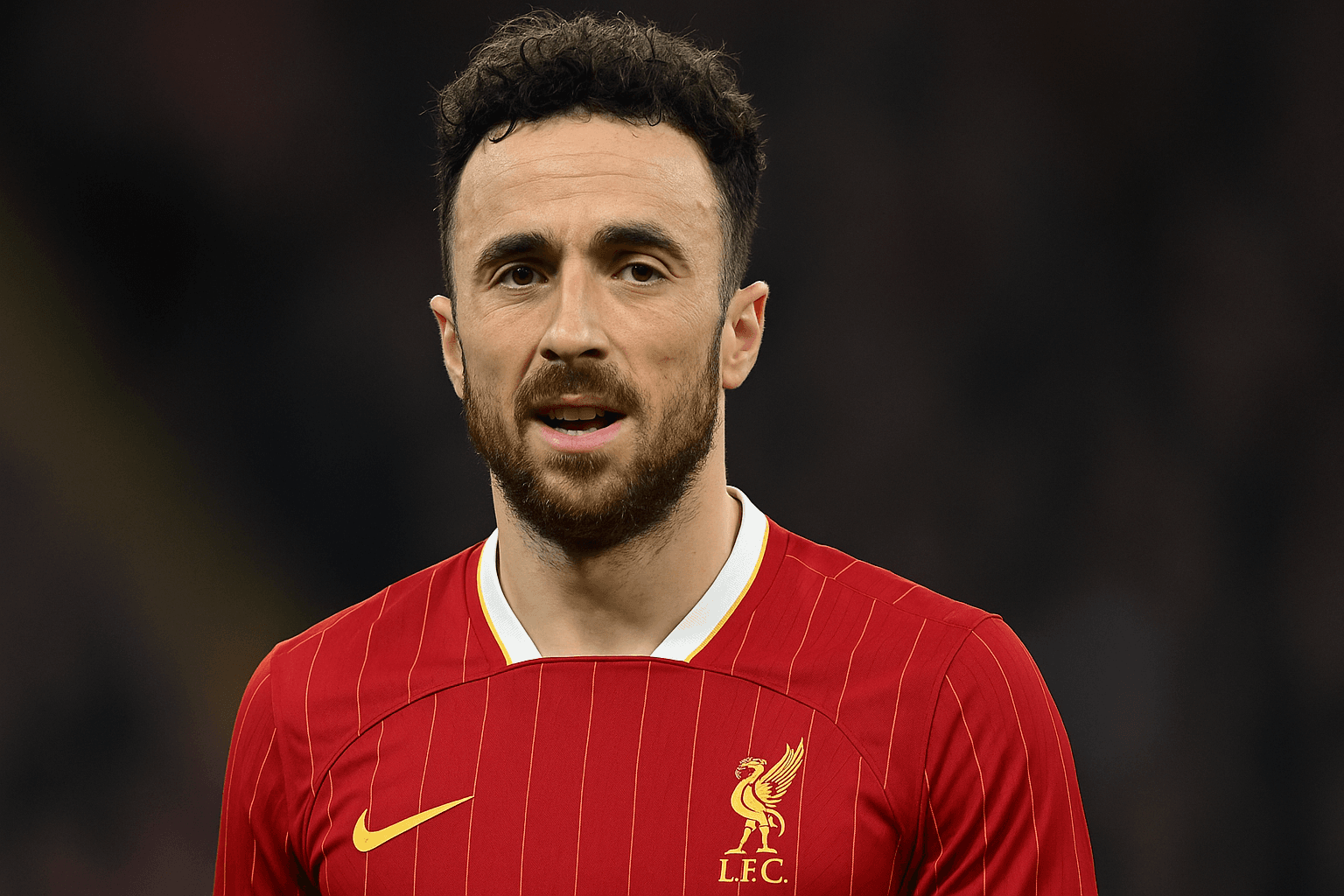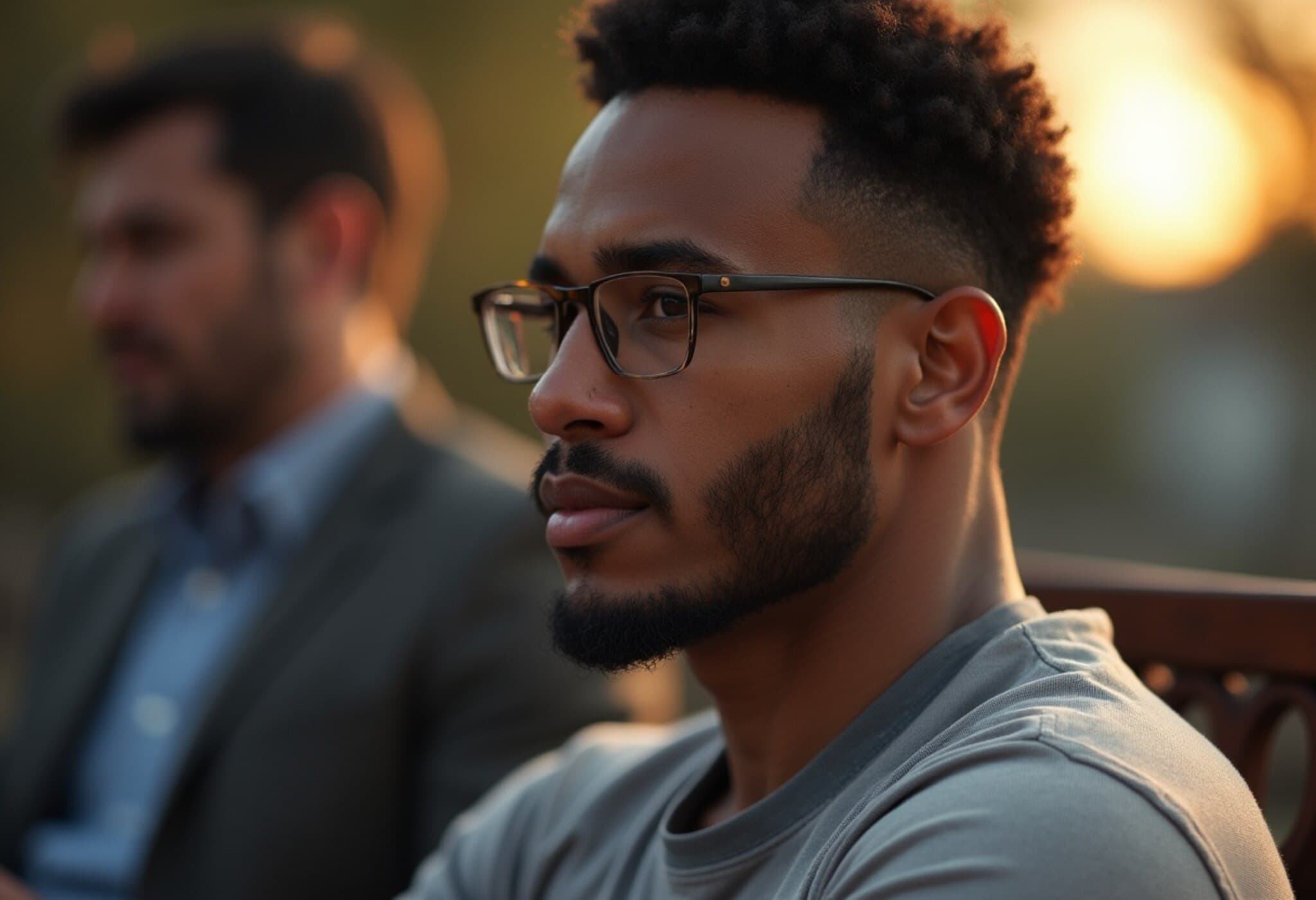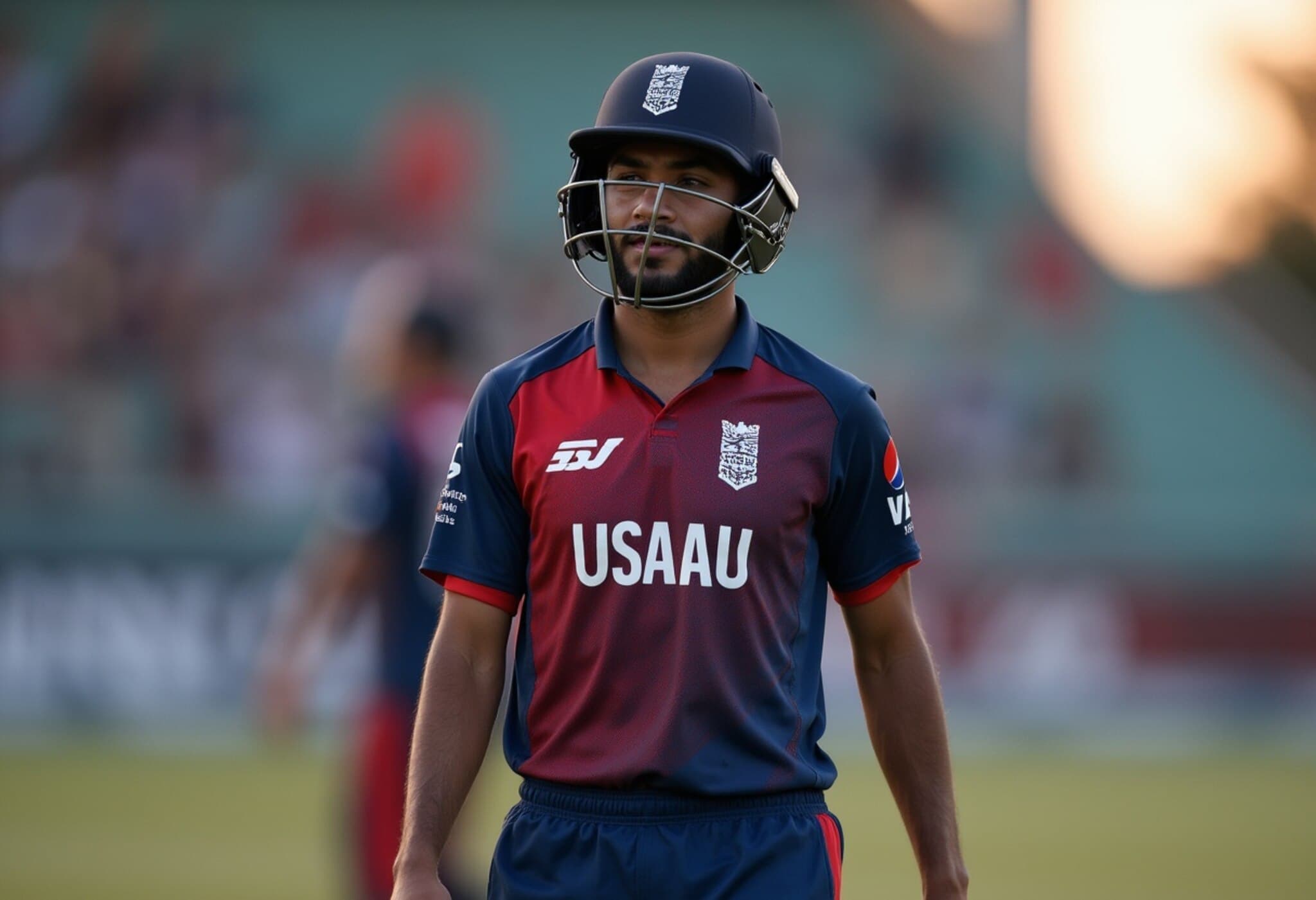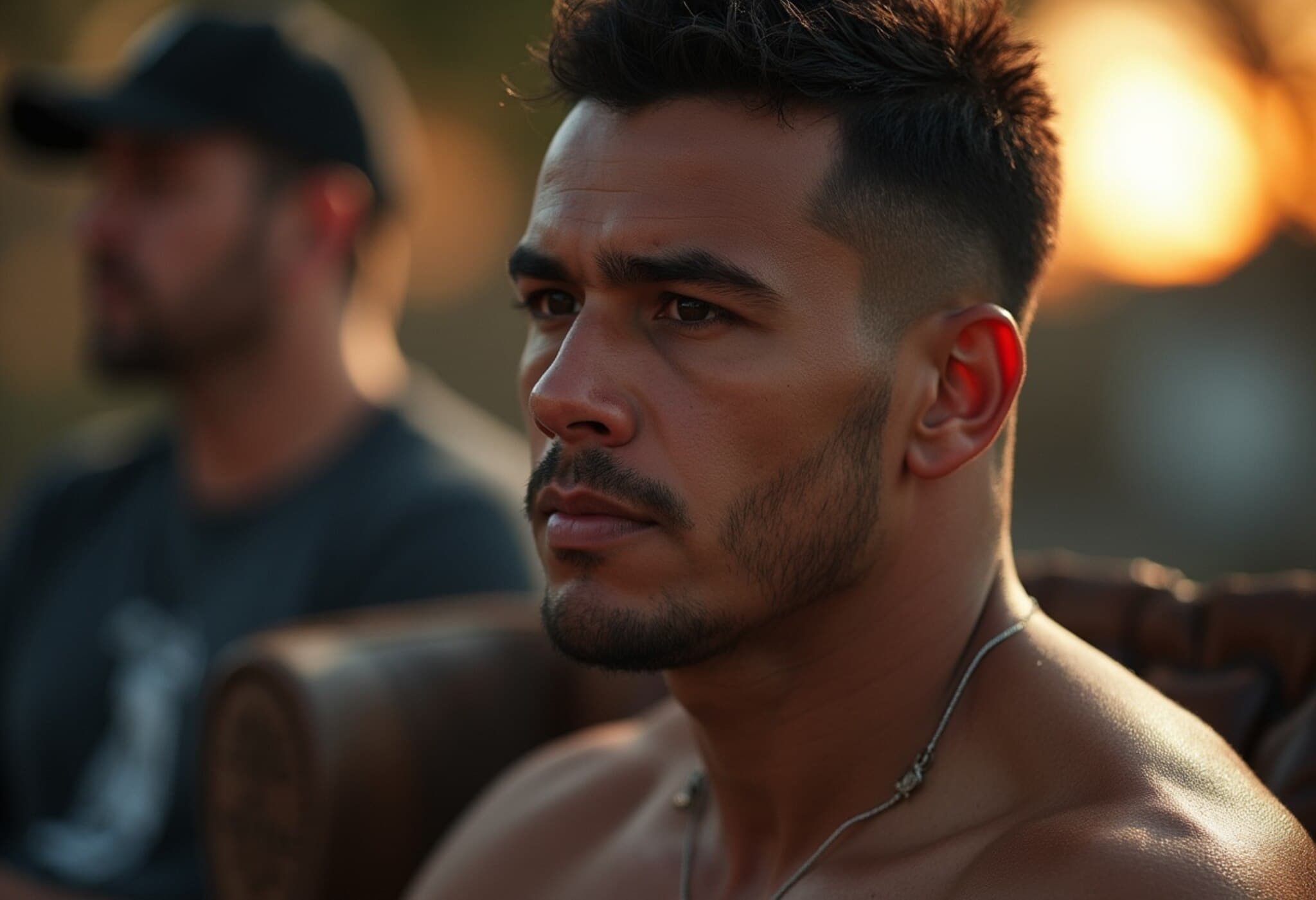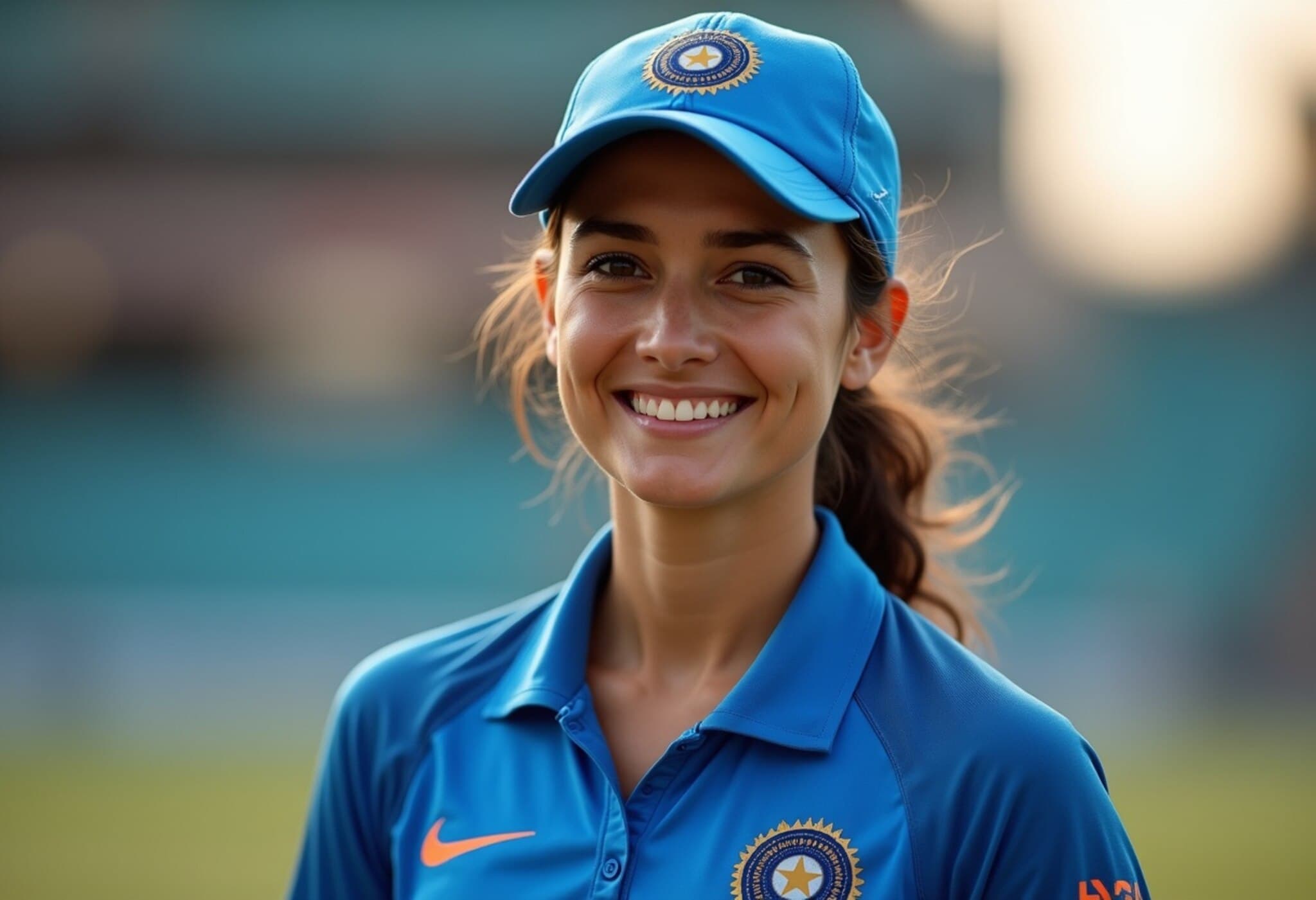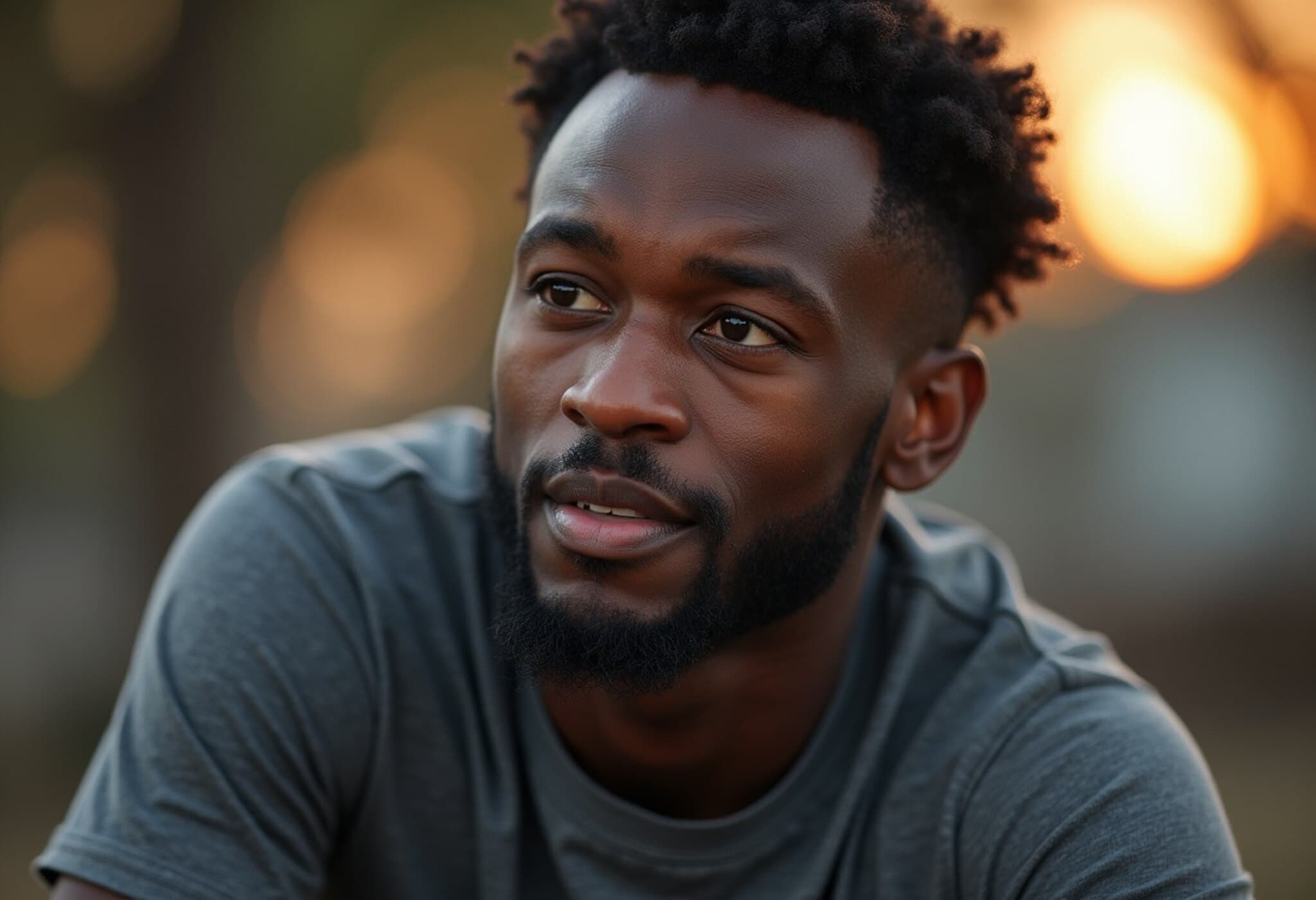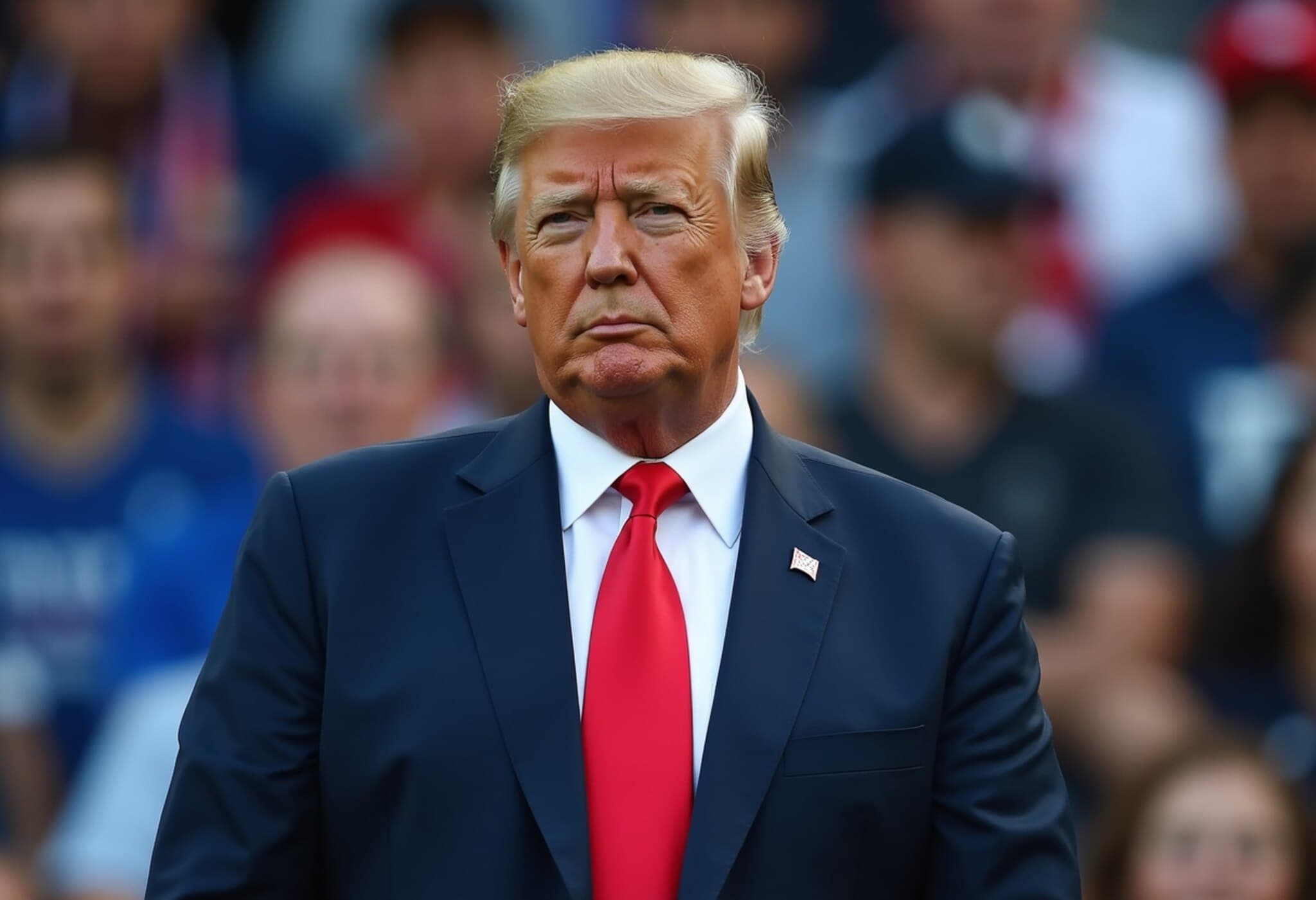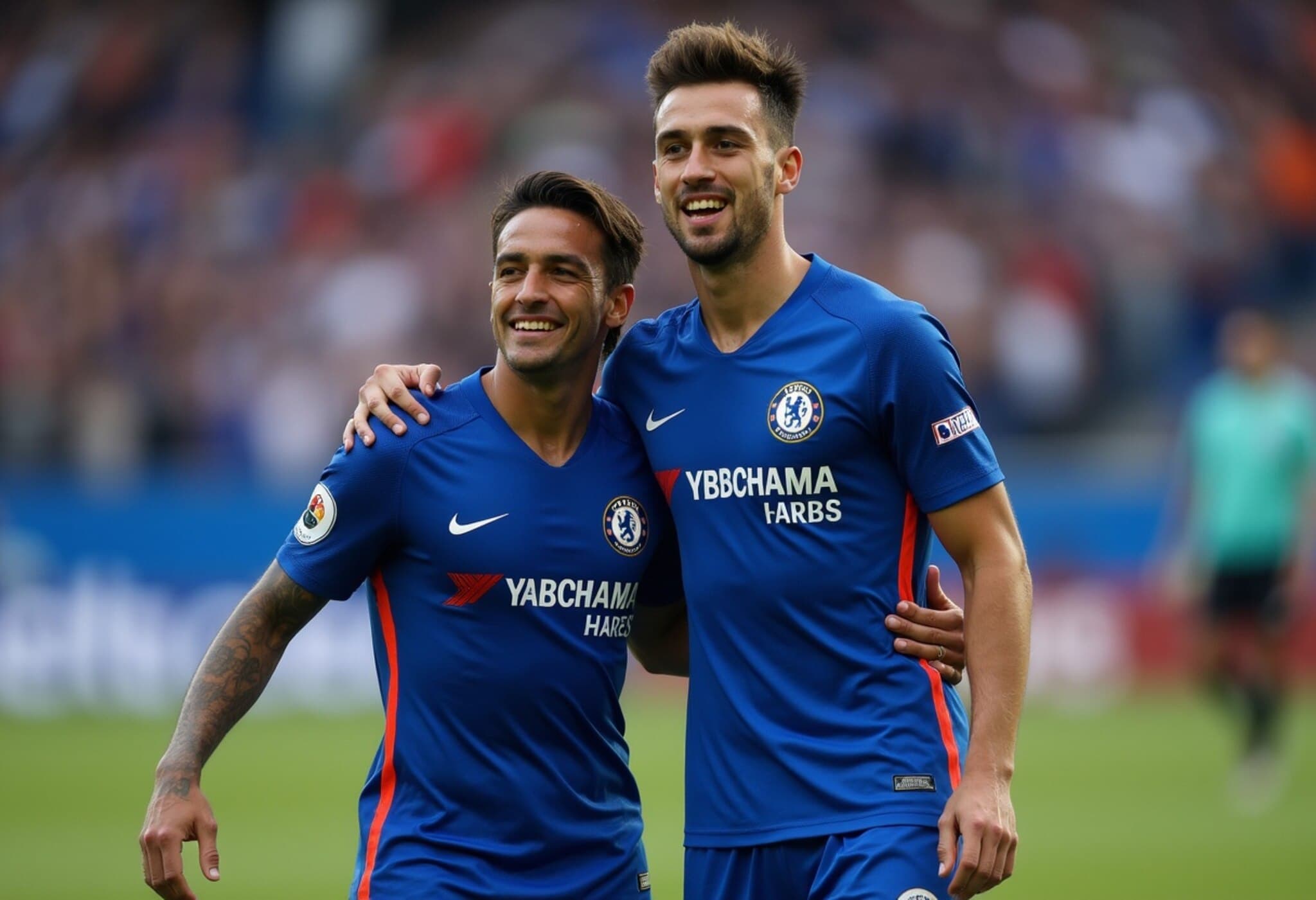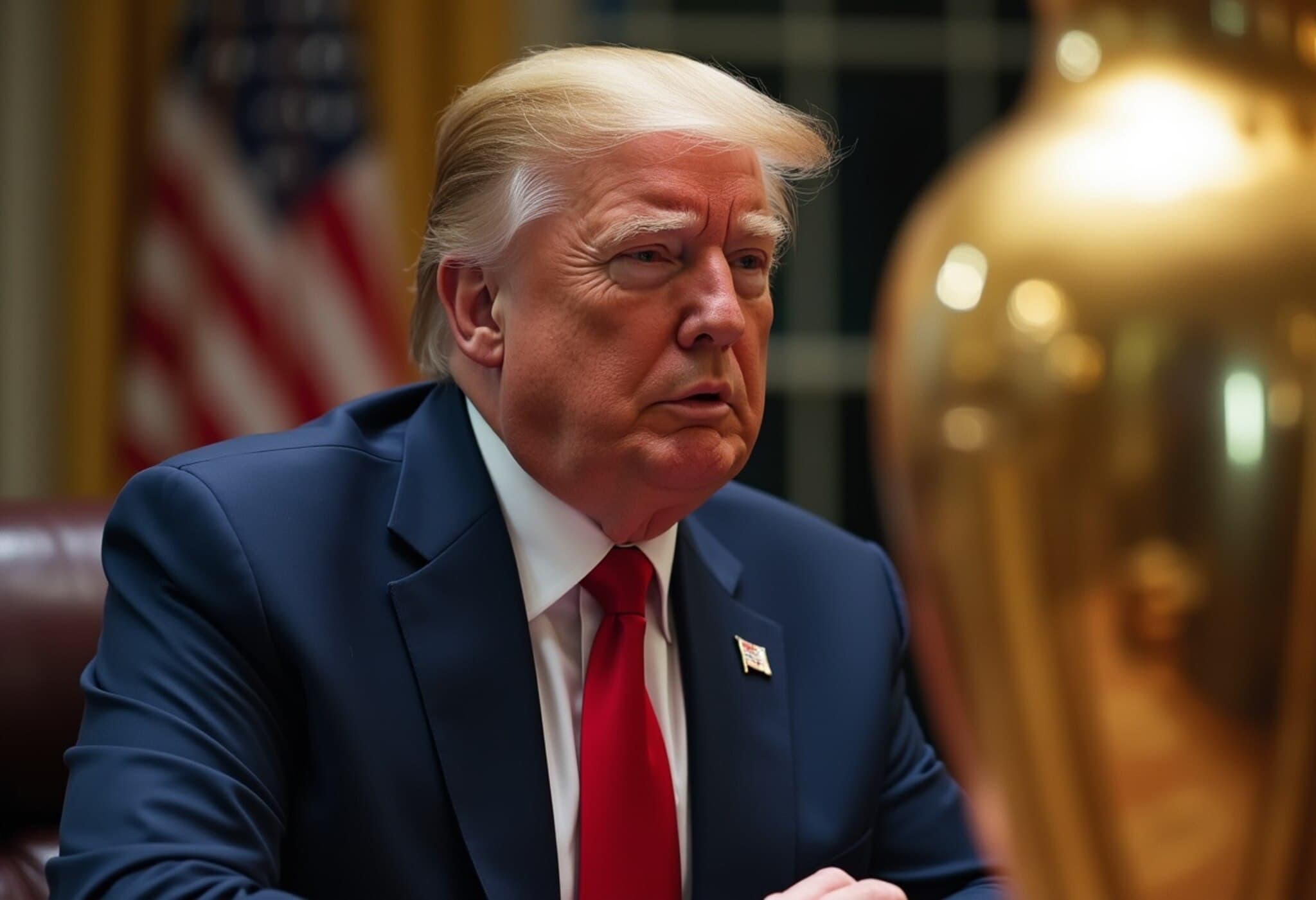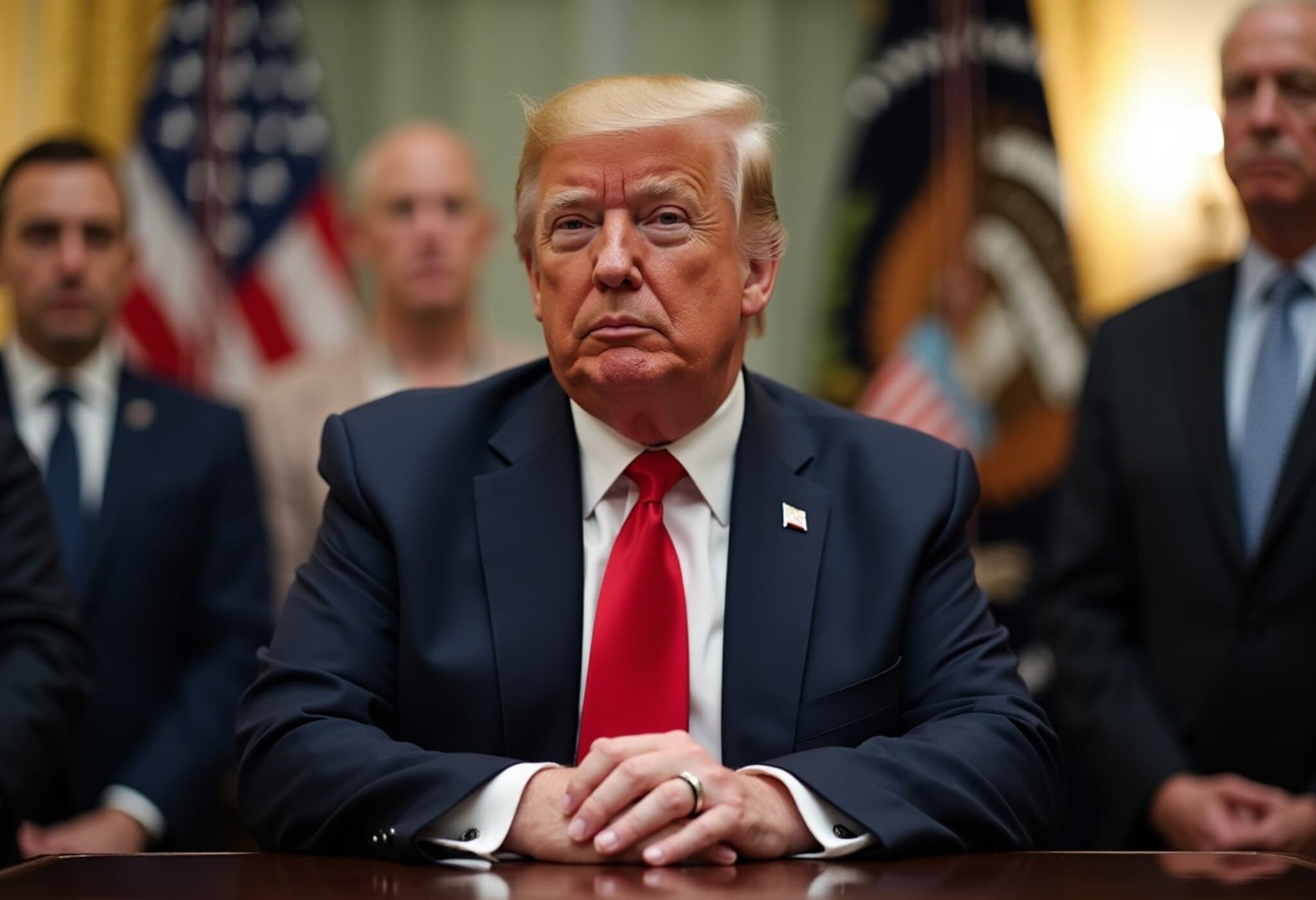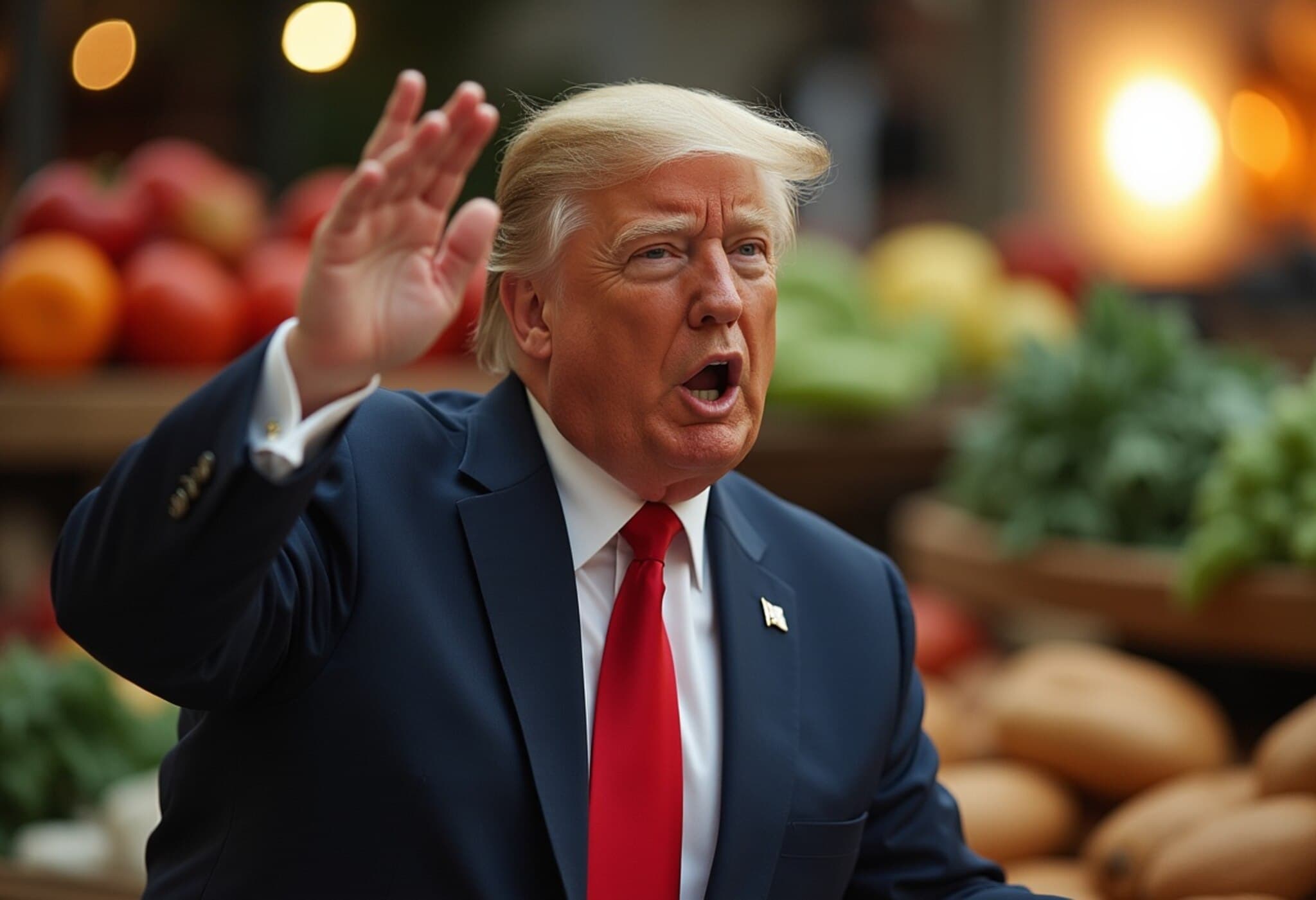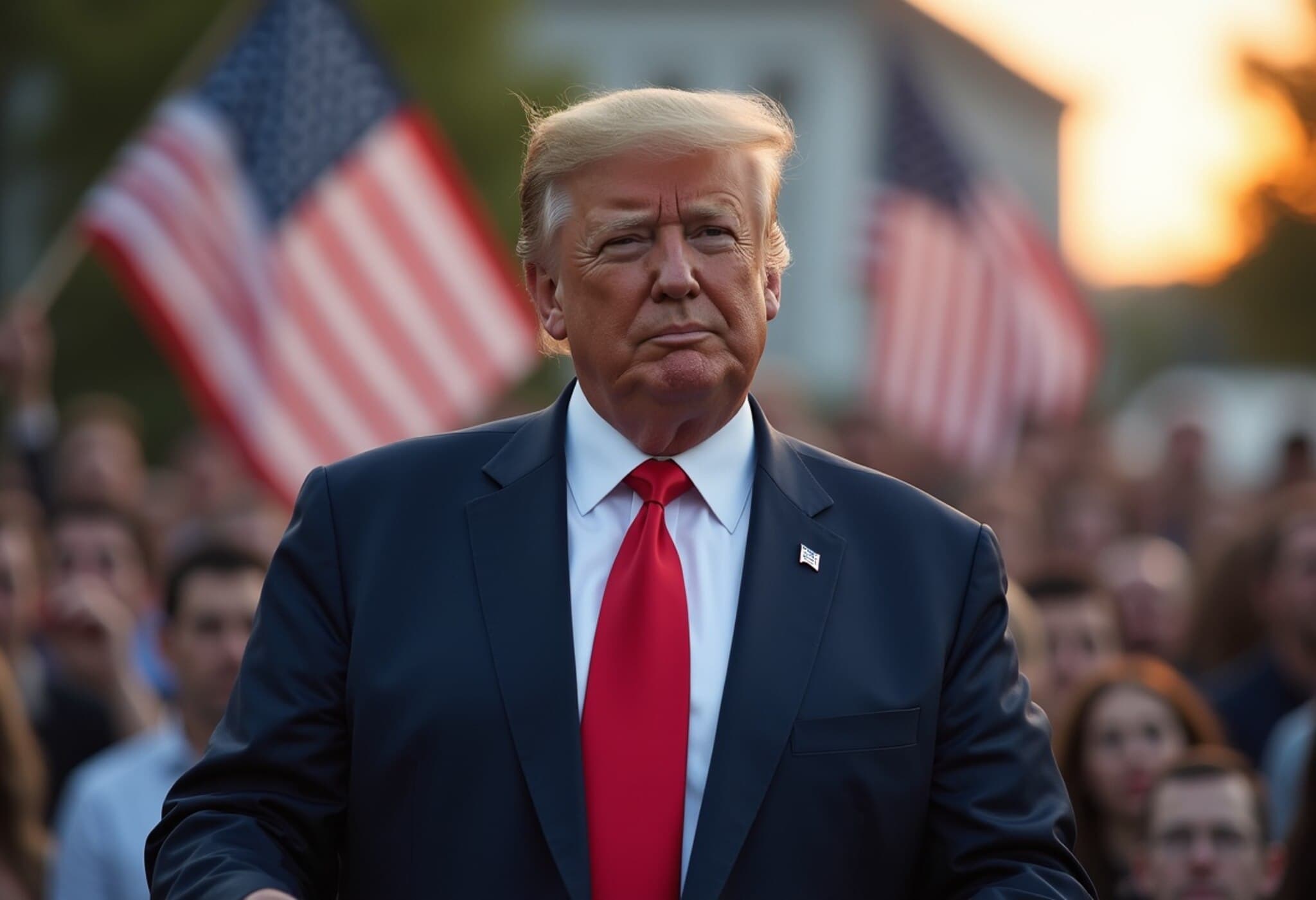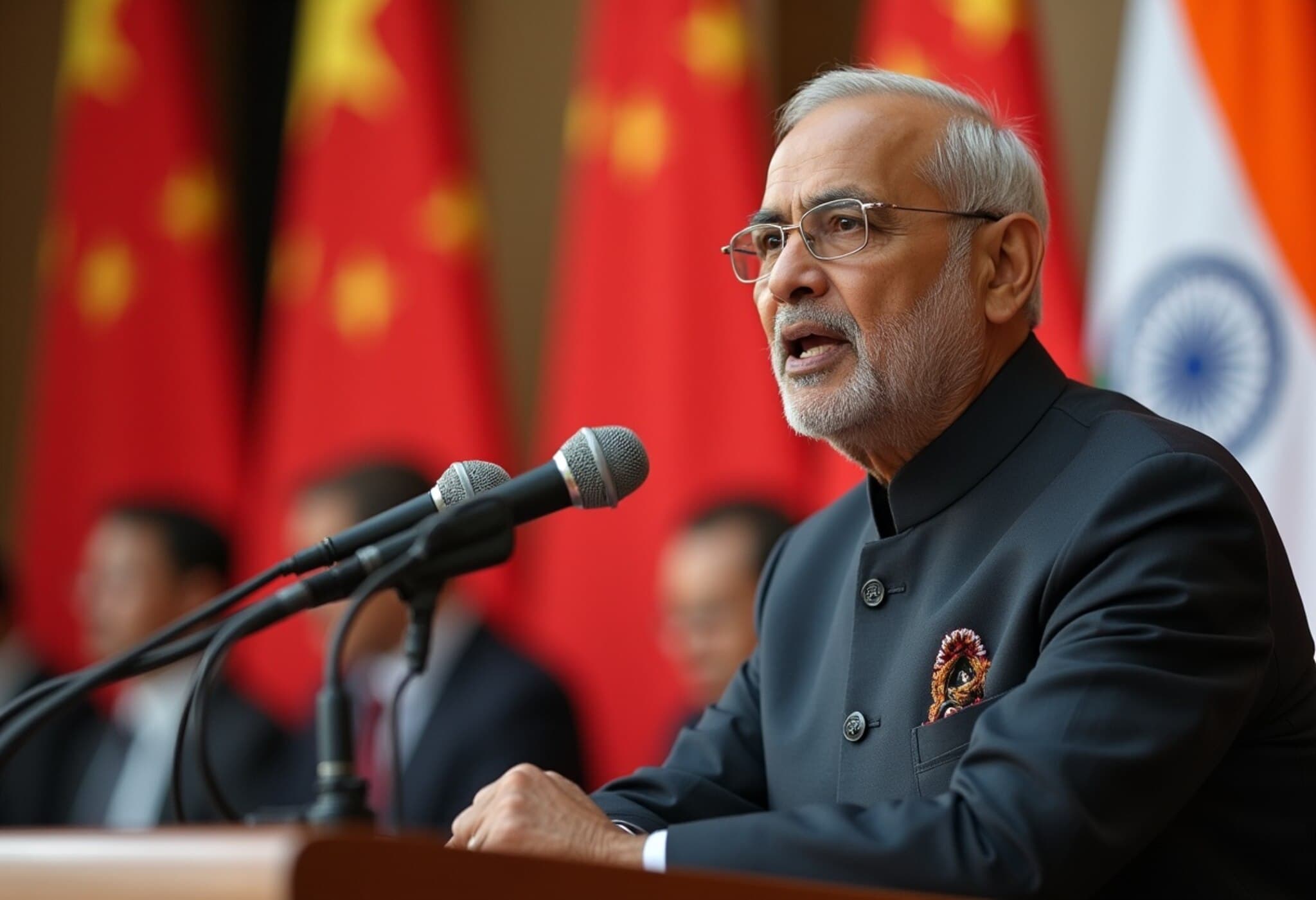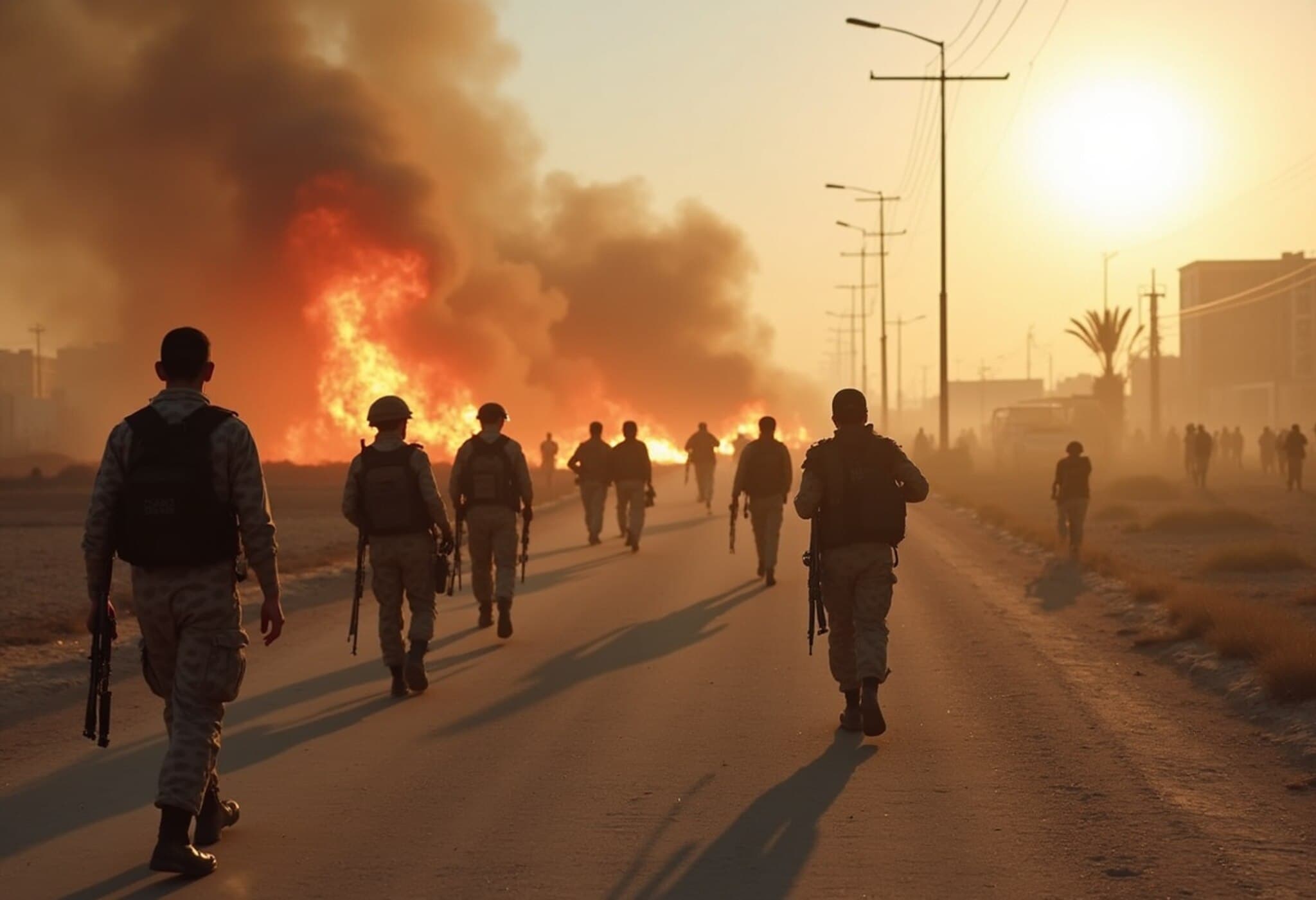Trump’s Unmissable Presence at the 2025 Club World Cup Final
On a blazing July evening at New Jersey’s MetLife Stadium, where nearly 82,000 fans gathered to witness football history, the 2025 FIFA Club World Cup final was poised to be a grand celebration of sport. Chelsea’s commanding 4-0 victory over Paris Saint-Germain marked their first triumph in this newly expanded 32-team tournament. Yet, instead of the players’ heroics alone stealing the show, the event became an unexpected stage for political theater—centered on none other than former U.S. President Donald Trump.
When Chelsea captain Reece James prepared to lift the trophy, all eyes should have been on the players. Instead, Trump firmly anchored himself at center stage, refusing to step aside, even as FIFA President Gianni Infantino discreetly moved out of frame. Flanked by Chelsea players and prominent global dignitaries, Trump ensured that the iconic moment of world championship glory was also a photo op featuring him prominently.
Politics and Power Plays in the Sports Arena
The security protocol at MetLife Stadium reflected the significance of Trump’s presence: Secret Service agents patrolled diligently, creating slow entry lines amid the July heat. The kickoff was delayed by eight minutes to accommodate the altered proceedings. Notably, the national anthem was played just before kickoff rather than the usual hour earlier—an adjustment clearly tailored to spotlight Trump’s attendance.
As Trump’s image flashed on giant screens alongside Infantino’s, hushed boos quickly escalated to a chorus of disapproval from many fans, underscoring the polarizing figure’s contentious standing. The close ties between Infantino and Trump are no secret; from high-profile meetings at the White House to shared appearances in the Middle East, their alliance has been described by Infantino as “absolutely crucial”—a relationship reflecting the intricate mingling of sports governance and international politics.
This intertwining was symbolically punctuated when the Club World Cup trophy, which had briefly resided in the Oval Office earlier in 2025, returned to Trump’s grasp for a highly publicized presentation—a potent image of political capital being leveraged through sports spectacle.
Chelsea’s Sporting Excellence Amidst a Political Storm
While the political drama unfolded, Chelsea delivered an exceptional performance on the pitch. Forward Cole Palmer dazzled with two goals, earning the prestigious Golden Ball award, while contributions from Noni Madueke and Enzo Fernández rounded out a dominant 4-0 victory over a PSG side that had looked formidable in earlier rounds.
Adding a distinctly American thread to the tapestry, Todd Boehly, the US-based billionaire and Chelsea’s lead owner, shared the stage with Trump, Infantino, and PSG chairman Nasser Al-Khelaifi during the trophy ceremony. Yet despite Chelsea’s historic win, headlines quickly veered towards Trump’s commandeering of the post-match spotlight, raising questions about where the true focus of the event lay.
The Optics of Influence: A Stadium Filled with Power Brokers
Amid the luxury boxes and midfield VIP areas sat some of the most influential figures across sports, media, and politics. Former NFL icon Tom Brady, media titan Rupert Murdoch, and prominent members of Trump’s administration—including Attorney General Pam Bondi and Homeland Security Chief Kristi Noem—were all in attendance, signaling deep intersections between sport, media, and governance.
Although moments of applause broke out, a significant section of the crowd booed. The final revealed football’s ongoing struggle to remain detached from the geopolitical currents swirling beneath its surface. Trump’s deliberate occupation of the trophy ceremony was no mere coincidence; it was a shrewd exercise in media-savvy power assertion, designed to dominate the narrative and eclipse the athletes’ achievements.
Implications for the 2026 FIFA World Cup and Beyond
The reverberations from Sunday’s final extend beyond the sporting realm. Human rights advocates and player associations have voiced concerns over the implications of Trump’s revived immigration policies ahead of the 2026 FIFA World Cup, which the United States will co-host with Canada and Mexico. With qualified teams like Iran and Senegal, fears loom that travel restrictions and political tensions could disrupt fan and player participation, challenging FIFA’s commitment to inclusivity.
For now, FIFA appears to prioritize strategic alliances over confronting these issues head-on — a stance that underscores the uncomfortable reality that hosting rights can translate into political influence. In this light, power in football is not merely earned on the field but also negotiated in boardrooms and political arenas.
Looking Ahead: Can Football Stay Apolitical?
Chelsea claimed victory on the scoreboard, but the lasting image etched into global memory was one of a former US president overshadowing the champions. This episode serves as a poignant reminder of sport’s vulnerability to political theatrics and raises pressing questions about the future of football governance. How will the sport balance commercial and political interests while preserving its integrity? And to what extent will fans, players, and organizers resist or accommodate such incursions?
Editor’s Note
The 2025 Club World Cup final was a watershed moment where athletic excellence and political spectacle collided vividly. The intersection of Donald Trump’s political clout with football’s global stage revealed how the world’s most beloved sport can become entwined with broader geopolitical narratives. As the 2026 FIFA World Cup approaches, stakeholders must grapple with the challenges of ensuring that football remains an arena for unity, not division. This event compels readers to consider: in an increasingly politicized world, can sport truly remain a sanctuary of apolitical joy and competition?
Report by the TOI World Desk — dedicated to bringing nuanced, expert analysis of global sports and political intersections.

